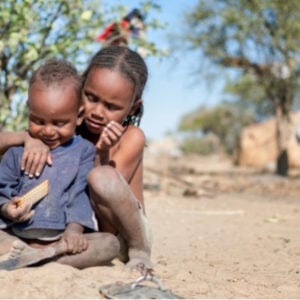In 2023, a survey conducted across seven countries in western and central Africa revealed that over 12% of young people aged 18–24 living with HIV avoided health centers due to stigma associated with their status. Experiences such as refusal of care, humiliating remarks, and involuntary disclosure of HIV status contributed to this avoidance, highlighting widespread discrimination in health-care settings.
To address this issue, a pilot initiative was launched in Cameroon, Côte d’Ivoire, Senegal, and Togo with support from Expertise France, UNAIDS, and other partners. This included the “Looking In, Looking Out (LILO)” training, which raised awareness among health professionals—150 in Senegal and 97 in Togo—on sexual diversity, gender-based violence, and human rights. In Togo’s Kara region, a digital tool called “image boxes” was co-created with local communities to foster understanding of health rights and HIV awareness.
Community engagement was central to the initiative, with organizations like RAS+ Togo using tools to empower individuals by promoting rights literacy and accountability in healthcare. In the Central African Republic, 300 young people participated in educational sessions, while Benin and the Central African Republic also advanced legal reforms with support from lawmakers, including women’s parliamentary caucuses. Draft decrees and bills focused on HIV were developed as part of this legal advocacy.
The year-long initiative led to progress across multiple levels—individual (through rights education), organizational (via trained paralegals and community actors), interorganizational, and national (legal reform). Building on these efforts, UNAIDS plans to enhance access to inclusive, human rights-based HIV services in the coming year, targeting key populations, adolescents, girls, and young women across the region.






